Elephants Need Space – and realistically, zoos simply can’t provide it.

In light of a new report released this month examining the welfare of elephants in captivity, Lorraine Platt shares this guest blog post highlighting the shortcomings of keeping elephants in zoos…
Why elephants and zoos simply aren’t compatible
Elephants are magnificent animals, the world’s largest land animal and a truly iconic species. Their complex social and family structures, and their deep levels of emotional intelligence are fascinating.
Some of us are fortunate enough to have had the joy of seeing these animals in the wild, roaming across open plains, foraging, and acting as one of the great ecosystem engineers – creating pathways, fertilising land, dropping seeds and maintaining biodiversity wherever they wander.
But many will have only seen elephants in zoos, or so-called safari parks, likely confused by the joy being brought by seeing them up close, and the reality of the lack of space and enrichment they have in captivity.
In the wild, elephants have a natural range of 10,000 hectares – that’s not dissimilar in size to the whole of Greater Manchester, or the entire city of Liverpool. But in zoos it’s a different story. Zoo enclosures average just a bit over 1 hectare in size. An elephant can walk across a hectare in a single minute.
These tiny ranges not only condemn the elephants to a real lack of the natural freedom they need, but also restrict nature’s natural food – the extensive variety of plants and shrubbery that elephants eat and forage in. That is in no way to say that zoos do not try in this area – they just simply cannot replicate Mother Nature, even with the best will in the world. In zoos, elephants have high mortality and bad health.
African elephants in captivity have a life expectancy of half that in the wild – just 17 years. More than half of the elephants in U.K. zoos are categorised as overweight or very overweight.
New reports shows elephants just can’t live a life worth living in zoos or safari parks
It’s not just space that is the issue though. A life in captivity causes extreme psychological and social damage to elephants. Their complex societies in the wild, with clans of several hundred, cannot be replicated in any way in a zoo environment. I’m fact, in U.K. zoos, the average group size is less than three individuals.
The Conservative Animal Welfare Foundation has just published a report on the unique needs of elephants, primarily in relation to space. The conclusion was clear – that despite the best efforts of many zoos, and their teams who care passionately about the animals in their care, the reality is that animals as complex just cannot live a good life in captivity.
Calls to end elephant breeding in captivity
Elephants just can’t live a life worth living in zoos or safari parks. That’s why as Co-Founder of the Conservative Animal Welfare Foundation, along with the team of expert authors and contributors to the report, we are calling for the start of a plan to move away from elephants in zoos. That means a stop to breeding for one.
We are not alone in this sentiment. Over 90% of respondents to a poll this year responded that elephants should be given more space than is provided for in zoos and 89% of people agree that elephants belong in the wild.
Some zoos have already started to take action. Paignton Zoo recently stated that they wouldn’t replace their two elephants who passed away in 2019, saying that they just can’t provide the necessary environment for elephants.
Elephants cannot live meaningful lives in captivity, so we must take action. Firstly, we must not grow the captive population, secondly, we must consider transferring elephants to more suitable environments where they can live out their lives the way nature intended – with the space they not only need, but also deserve.
There are only 11 zoos still with elephants in the UK, let’s work to make it zero.
About the Author
Lorraine Platt, Co-Founder, Conservative Animal Welfare Foundation Lorraine is Co-Founder of the Conservative Animal Welfare Foundation, an independent organisation which seeks to advance farm animal welfare and the lives of animals in the UK and around the world. She is former Vice Chairman of a leading animal welfare charity, and has received a variety of awards and recognition from leading animal welfare organisations, including the RSPCA and IFAW. Find out more over at: conservativeanimalwelfarefoundation.org
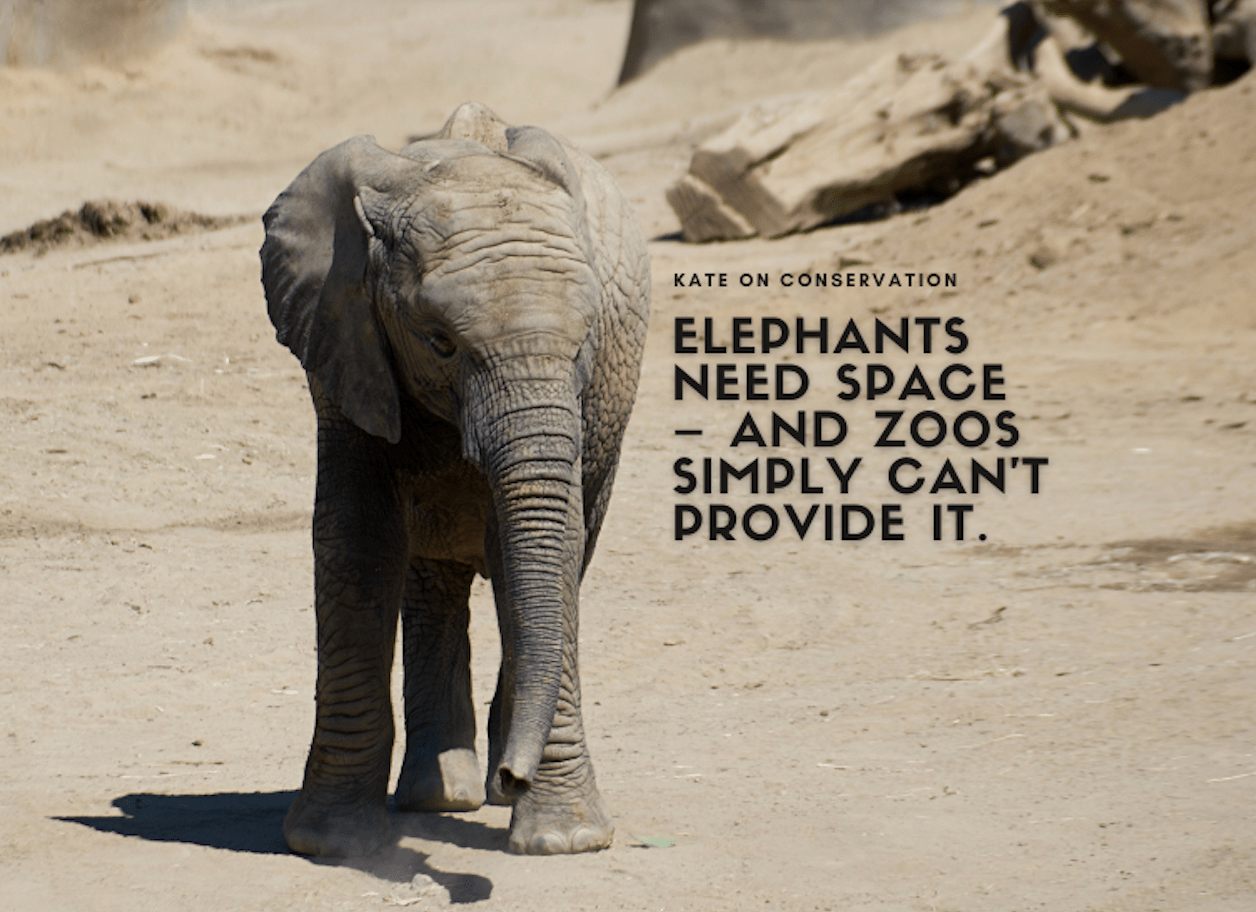




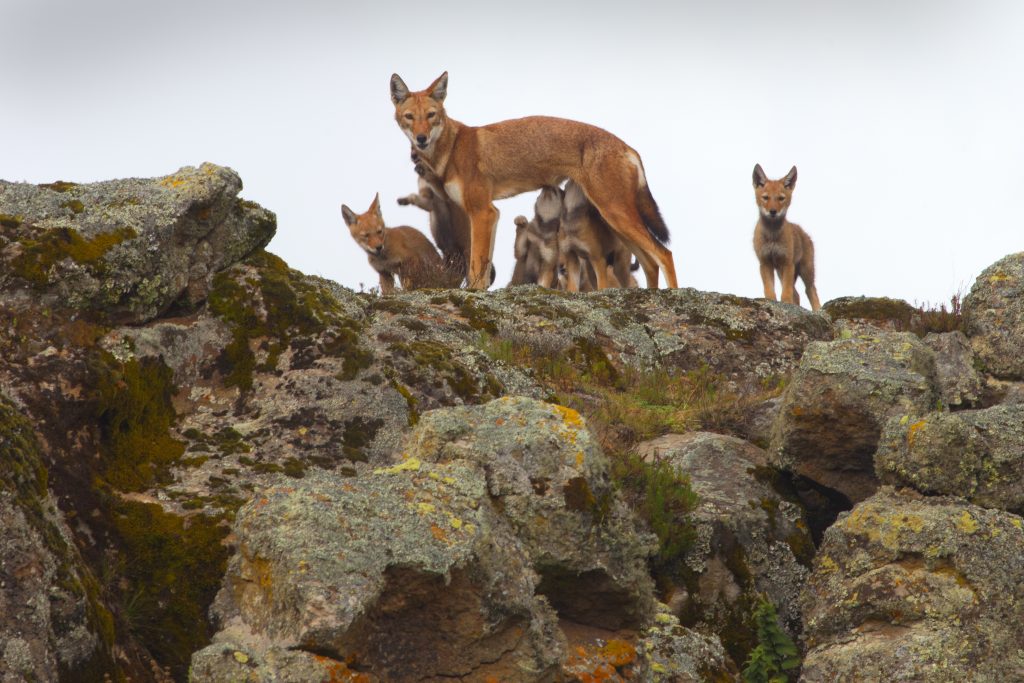
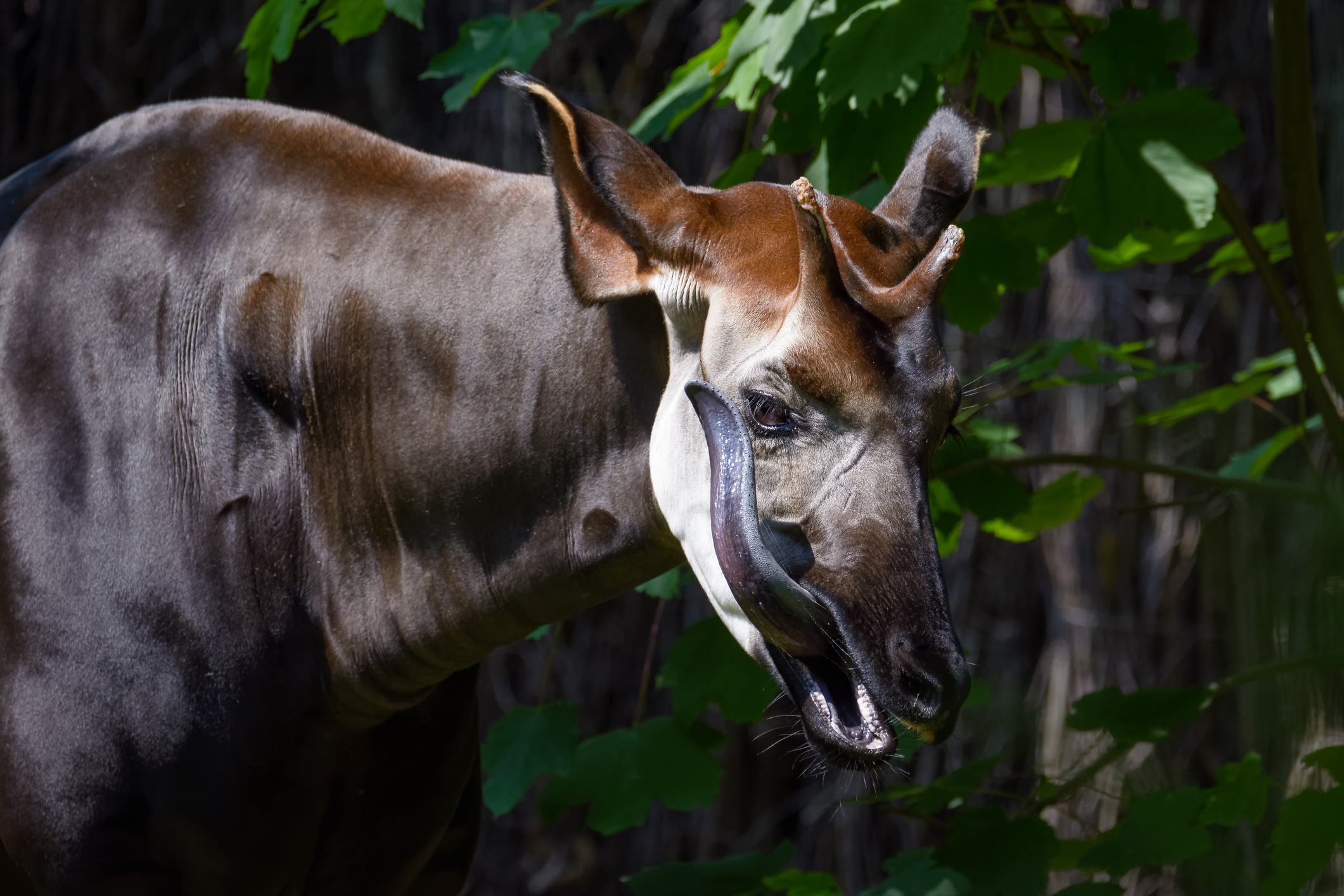
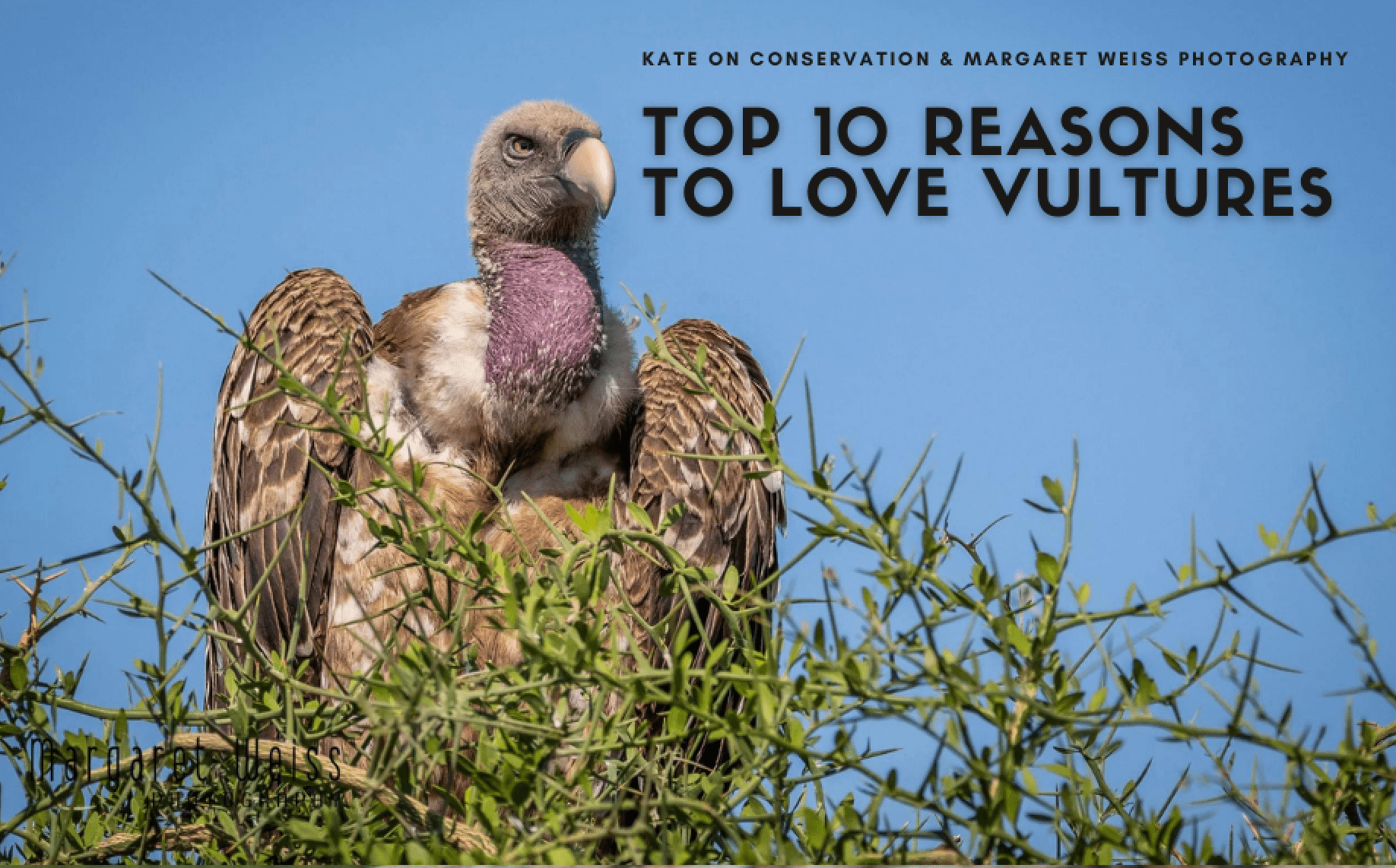
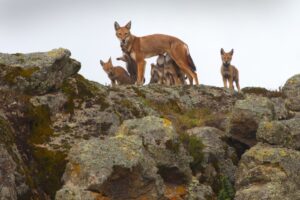
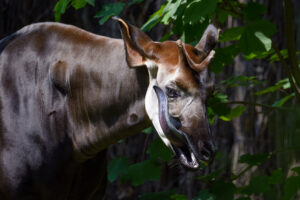
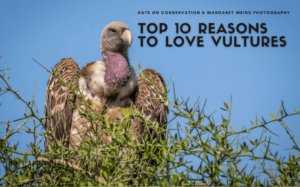
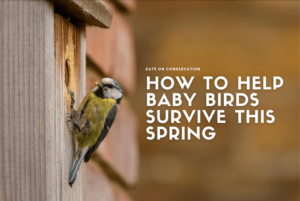
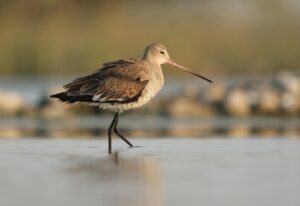
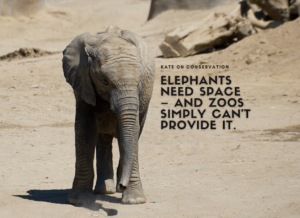

Post Comment